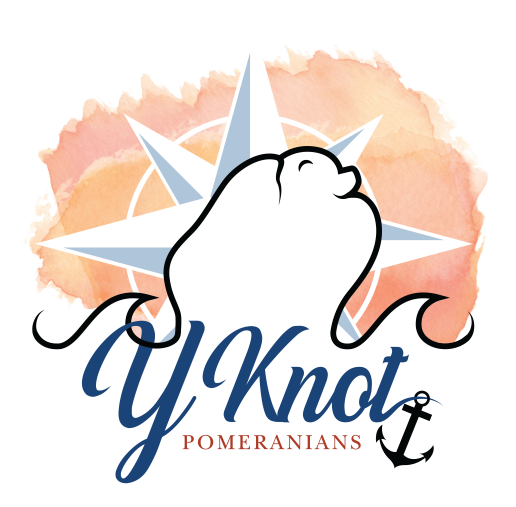Take Home Instructions
Take Home Instructions
Food: You may change the puppies’ food, but be sure to do so slowly. Start with the food I give you for the first week. Currently eating Royal Canin Puppy or VeRUS All life Stages (Orange).
- In general give 1/4-1/2 cup of kibble twice a day or leave down if puppy is under 6 months of age. If given canned food, give if puppy doesn’t want to eat or as a treat with their food.
- If you change the food you will want to do the following (If it goes well go to next week – if not continue or go back to original food.)
- 1st week - 3/4 food I gave you 1/4 the new food.
- 2nd week – 1/2 food I gave you 1/2 the new food.
- 3rd week – 1/4 food I gave you 3/4 the new food.
- 4th week – go all new food
- If you change the food you will want to do the following (If it goes well go to next week – if not continue or go back to original food.)
Water: I also recommend if you are on city water to use a mix of bottled spring water and your water as we are on well water and sudden changes can led to tummy upset.
Treats and Toys: These are important to puppies, they need soft toys to play with and some hard items to chew on to help them with getting their adult teeth and loosing baby teeth as well as keeping their teeth clean. Treats are also good for training rewards…just remember no treat until they do it correctly…No treat for just being cute if you are training. PRACTICE DOES NOT MAKE PERFECT IT MAKES IT PERMANENT.
Grooming: I recommend that you get a comb (medium & course), pin brush and slicker brush for grooming your puppy. You will need to groom at least every other day to ensure there are no mats, paying special attention to behind the ears and around all legs especially up near the body. Bathing when dirty is the key…Say once a month to start as puppies tend to get dirtier to about 2-6 times a year for adults.
Medical and General Care:
- Because I am a breeder I tend to give more treatments for parasites and worms then the normal person. This is because I visit dog shows and the exposure to them is higher. The puppy should be on heartworm preventative year round as it is a problem in our region and treatment to cure it is very expensive. This medication can be given to you by your vet. There are several different varieties so ask them what they think is working best for their customers and go with it, but nothing that treats multiple things.
- I also recommend flea and tick preventative from March to November or year round. I think Frontline Plus is the best not use over the counter products (like Hartz), get one from your vet, but again not a multiple treatment product.
- I have given you a health record for your files and for you to share with your vet. It includes all medication that the puppies as received. Because I do not give shots until the puppy has been weaned from mom for a minimum of a week I do not give more than 2 puppy shots. Your vet may wish to continue them, this is up to you. I feel they are not needed as I have taken precautions to insure there is no chance for mom’s antibodies to interfere with the shots protection. If the puppy hasn’t had a Rabies vaccination it will need to be done at about 4 months of age. This is mandatory by federal regulations.
- Pomeranians and most small breeds are known for not losing all of their puppy teeth so I recommend that you have them removed when they are spayed or neutered at about the age of 9-12 months of age. Your vet can help you decide when the best time for both of these occurs. If you do not remove the puppy teeth and they do not come out on their own they will trap food and cause bad breathe and decay. I suggest you start to work with your puppy from the start with teeth brushing this isn’t easy, but it will save you on expenses as they will need far less dentals. Small tooth brushes and dog tooth paste are available at all of the chain pet stores.
Notes Specific to your Pomeranian: (Ask about these)
- Next care due:
|
Rabies |
Due: When the 3rd DHPP is given or a month later. |
DHPP |
Due: |
Heartworm |
Given: |
